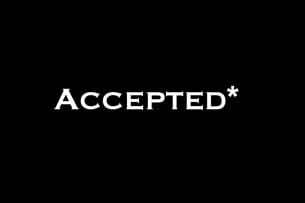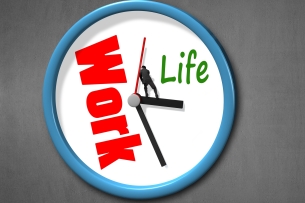Filter & Sort

Getting the Mentoring You Need
Bill Mahoney and Jaye Sablan share advice on how grad students can shape working relationships with faculty in ways that help them feel supported and be successful.

Invisible Labor and Emotional Currency
Jálin B. Johnson, Nakisha Castillo, Natalie V. Nagthall and Hawani Negussie describe the unseen impacts of higher ed’s cultural taxation on minoritized faculty and eight steps to help diminish those impacts.

Revitalizing the Later Years in Academe
It’s a time when faculty can make new and different contributions than before, yet most institutions don’t approach the academic life cycle that way, writes Kenneth N. McKay.

The Question-Centered Course
It can remind students how the process of inquiry can be meaningful and enjoyable for its own sake, writes Andy Tix, and even help them determine their life direction.

Is It Time for the 32-Hour Workweek?
Robert Roßbach, Kendra Sewall and Stefanie Robel explore why shorter work hours are, in fact, realistic for academic researchers and the advantages this approach can offer.

Big Ambitions, Small Teams
Roshni Rao explores the challenges of scaling career services to meet the needs of thousands of grad students with diverse backgrounds, disciplines and career aspirations.

The Ph.D. Statement as a Hermeneutic Slinky
Nathan J. Hardy describes how students can transform intellectual energy into words conveying their interests and abilities so as to spring forward to next steps.

The Elements of Sterile
Referencing the classic Elements of Style, Dan Li takes a satirical look at academic writing.
Pagination
Pagination
- 38
- /
- 423